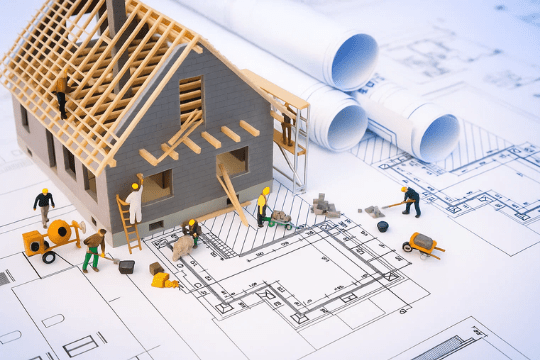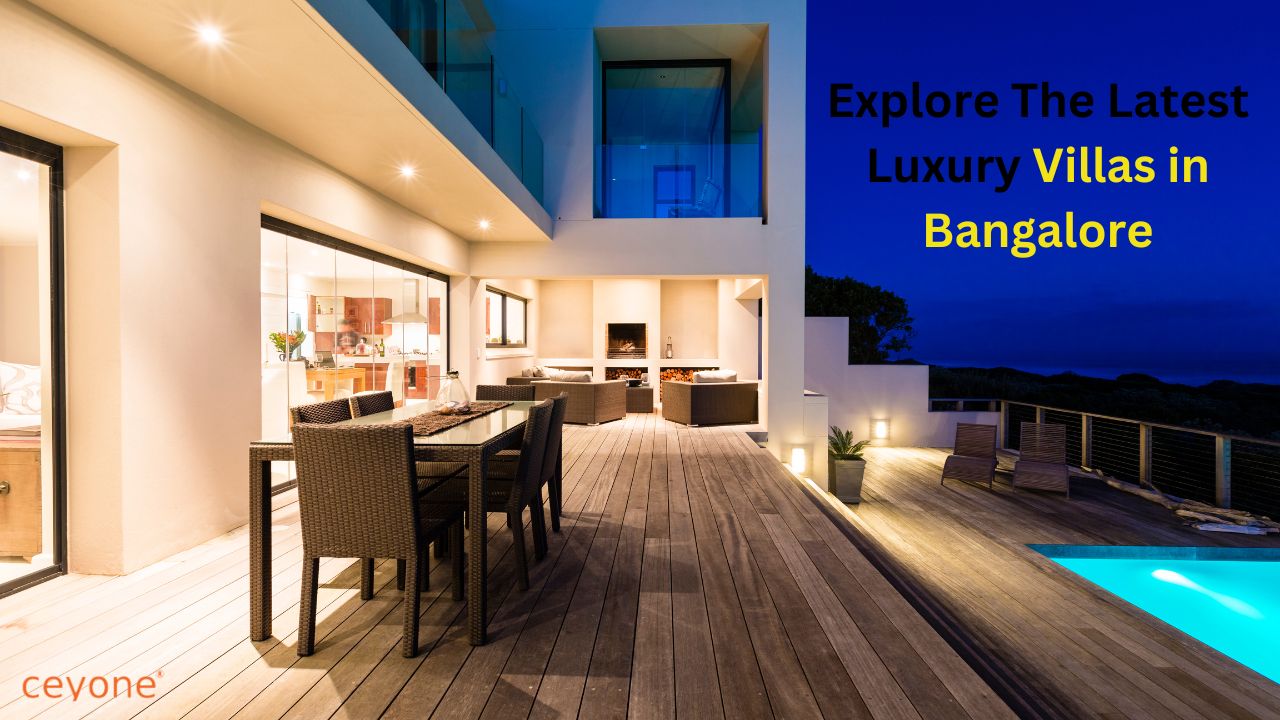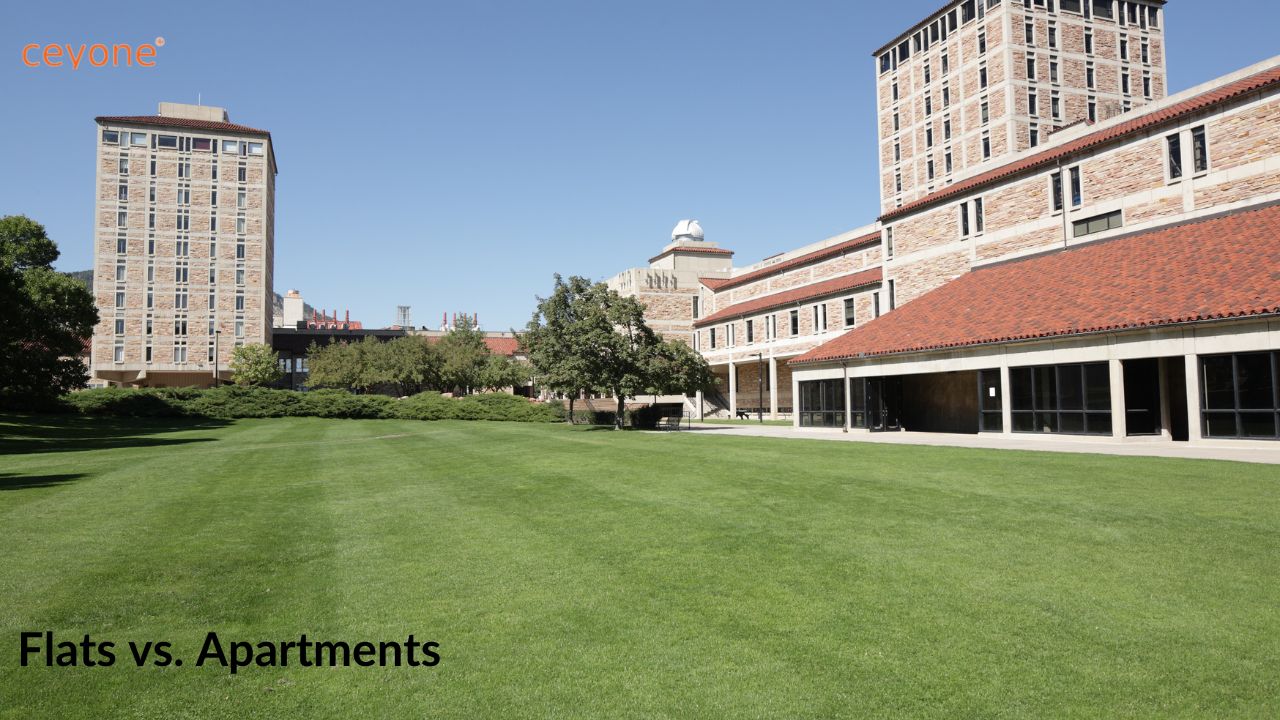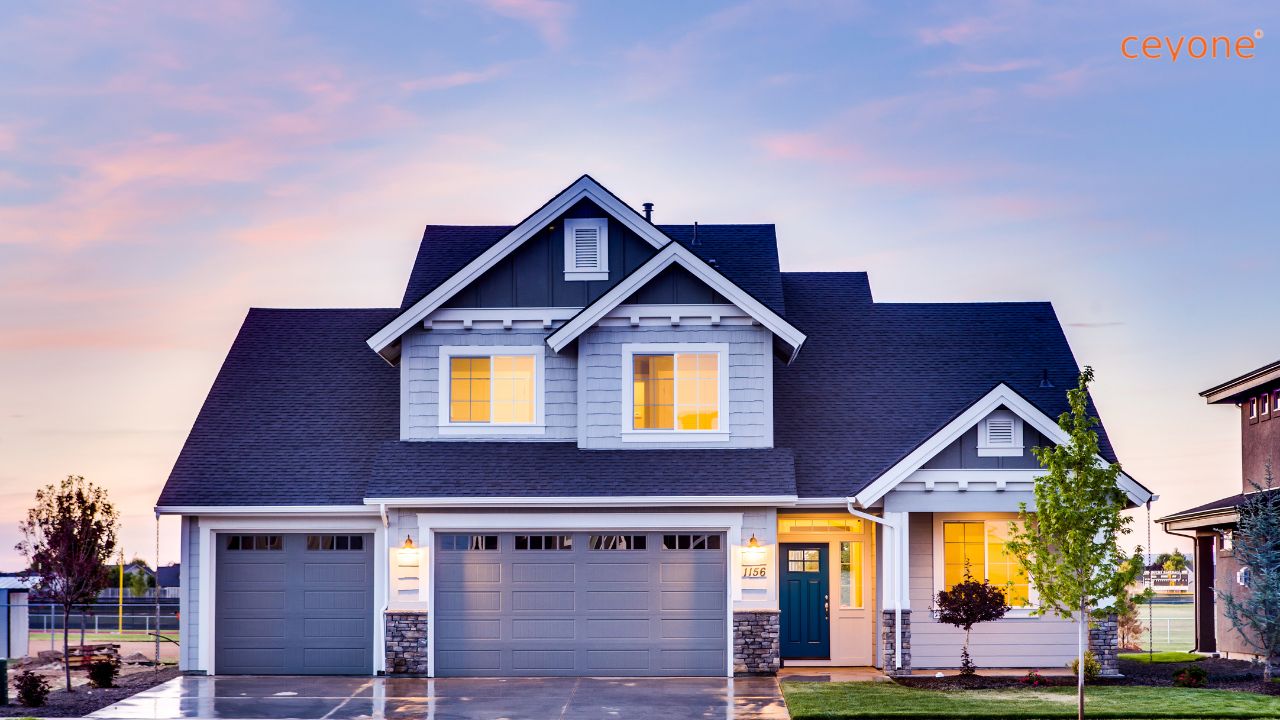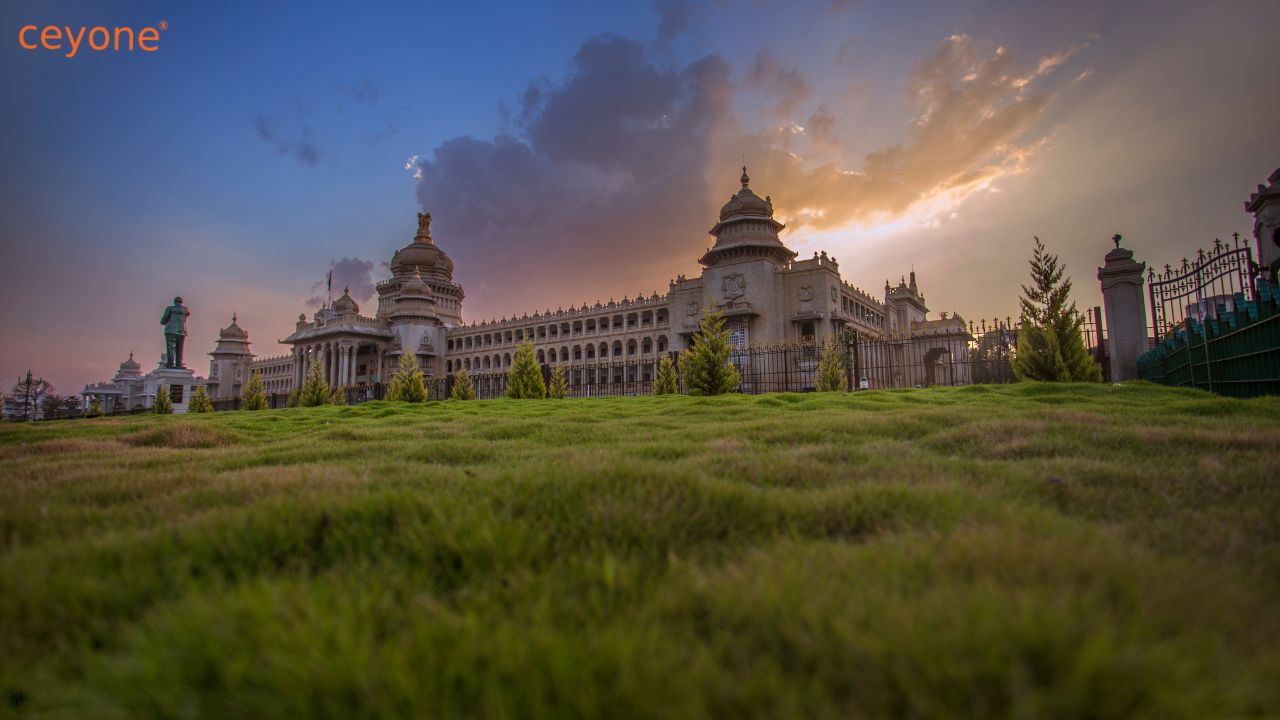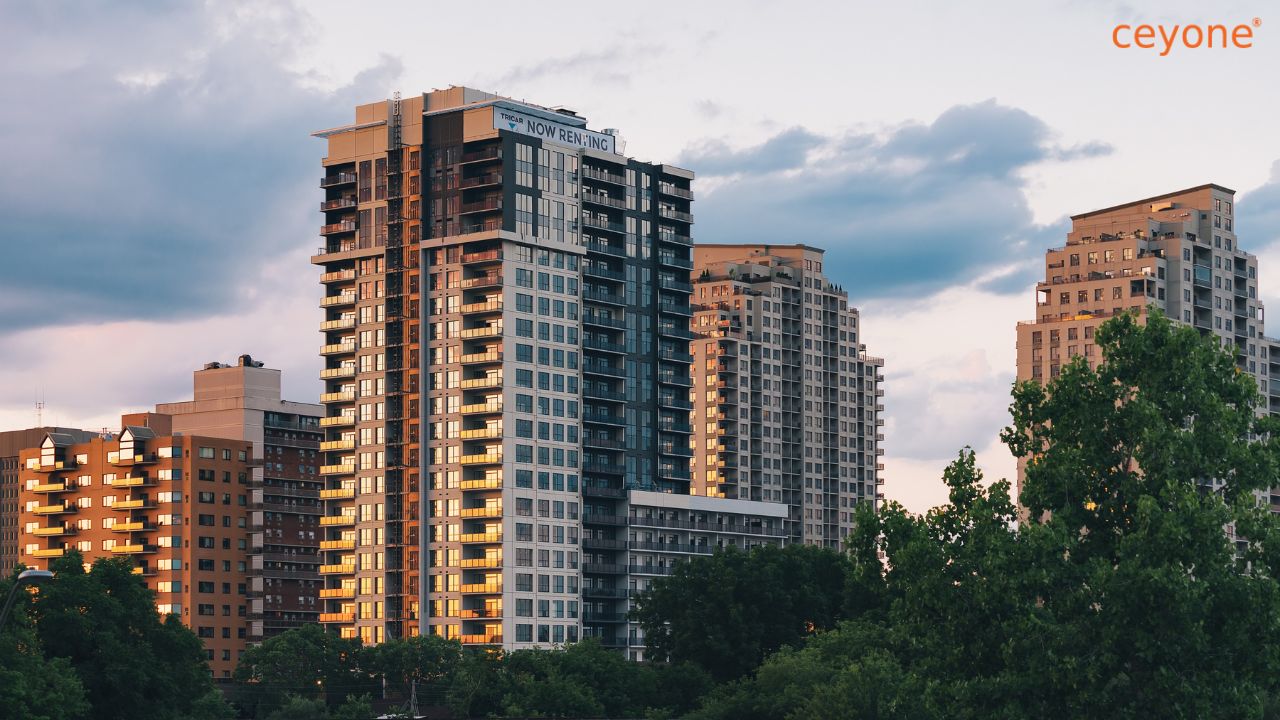Cost to Build a House on Your Own Plot: Timelines, Budgeting & Planning Tips
Wondering about the cost to build a house on your plot? Get a complete guide on construction costs, timelines, approvals, and expert tips to plan smartly.
There’s something truly special about building your own home from scratch. Unlike ready-to-move apartments or pre-designed villas, constructing your home on a plot gives you the freedom to design every corner the way you imagined — from the direction your bedroom faces to how much sunlight your kitchen gets.
But while the dream is exciting, the process is a serious journey involving planning, budgeting, legal steps, and patience.
So, if you’ve recently bought a plot (or are planning to), here’s everything you need to know about to build a house on your plot.
1. The Cost Breakdown: What to Expect
Before a single brick is laid, it’s crucial to know where your money will go. Here’s a rough breakdown of the major components:
a. Land Cost
This is your plot’s cost — which you’ve likely already paid. But do account for:
- Registration charges & stamp duty (typically 5–8% of land value)
- Legal and due diligence fees
- Any conversion charges (if converting agricultural to residential land)
b. Design & Architecture
Hiring a professional architect or designer can cost anywhere between ₹50–₹200 per sq. ft., depending on their experience and your requirements.
They’ll help with:
- Floor plans
- Structural design
- Elevation & facade
- Electrical and plumbing layouts
c. Government Approvals & Permits
You’ll need clearances from your local municipality or panchayat such as:
- Building plan approval
- Commencement certificate
- Water & electricity connection permits
Cost: Around ₹50,000–₹2 lakhs, varying by city and plot size.
d. Construction Costs
This is the major chunk of your budget.
- Basic construction: ₹1,800 – ₹2,500 per sq. ft. (for standard quality)
- Premium finishes: ₹2,800 – ₹4,000+ per sq. ft.
Construction includes:
- Labour & materials
- Civil work
- Electrical & plumbing
- Flooring, doors, windows, painting
e. Interior Works
Once the shell is done, you’ll need to budget for:
- Modular kitchen
- Wardrobes
- False ceilings
- Furniture and appliances
Typical Range: ₹5–₹15 lakhs, depending on taste and scale.
f. Landscaping, Compound Wall & Misc
Driveway, fencing, gate, and gardening cost can add another ₹1–₹3 lakhs.
2. Timeline: How Long Does It Take to Build a Home?
On average, a 2,000 sq. ft. home takes about 9–15 months from groundbreaking to moving in. Here’s a general timeline:
| Stage | Duration |
| Design finalisation | 2–4 weeks |
| Getting approvals | 4–6 weeks |
| Foundation & structure | 3–4 months |
| Brickwork, plaster, roofing | 2–3 months |
| Plumbing, wiring, flooring | 2–3 months |
| Painting & finishing touches | 1–2 months |
Delays can occur due to:
- Monsoons
- Labour shortages
- Material availability
- Changes in design during execution
Always build buffer time into your planning.
3. Smart Planning Tips Before You Begin
Here’s what you should keep in mind if you want your construction journey to be smooth, cost-effective, and fulfilling:
a. Finalise a Clear Budget
Plan a realistic overall budget and divide it into:
- Land-related costs
- Construction
- Interiors
- Unexpected buffer (keep at least 10–15% extra)
Don’t start unless you’re financially ready for each stage.
b. Choose the Right Architect & Contractor
Your architect is your creative guide, and your contractor is your execution backbone.
- Check previous work
- Ask for references
- Get all work agreements in writing
- Insist on regular updates and site visits
c. Get Your Plans Approved
Never start construction without proper municipal approvals. Unauthorized work can be demolished or fined.
- Submit plans with property documents
- Pay statutory fees
- Ensure everything complies with local bylaws
d. Track Expenses Regularly
Even a well-planned budget can spiral out of control.
- Maintain a detailed expense tracker
- Review material bills, labour payments, and progress every week
- Avoid unnecessary design changes once work starts
e. Think Long-Term, Not Just Aesthetics
Focus on:
- Structural strength
- Proper ventilation and natural light
- Waterproofing and termite-proofing
- Energy efficiency (solar panels, rainwater harvesting)
A home is a 30-year decision — build for comfort and durability, not just trend.
f. Secure Your Construction Site
If you’re not staying nearby:
- Hire a site supervisor or project manager
- Use CCTV or security guards
- Regularly visit or assign someone to inspect quality
4. Common Mistakes to Avoid
- Relying only on verbal promises from contractors
- Over-customising every element (it drives up cost and delays)
- Not having a clear timeline or penalty clause in the builder agreement
- Ignoring local rules for setbacks, height limits, and parking
- Forgetting about future resale or expansion possibilities
Final Thoughts
Building your dream home is one of life’s most fulfilling journeys. It’s personal. It’s emotional. And yes — it can get overwhelming. But with the right team, a smart plan, and a clear vision, you can turn that empty plot into your perfect haven. Invest confidently — find your dispute-free dream plot with Ceyone.
